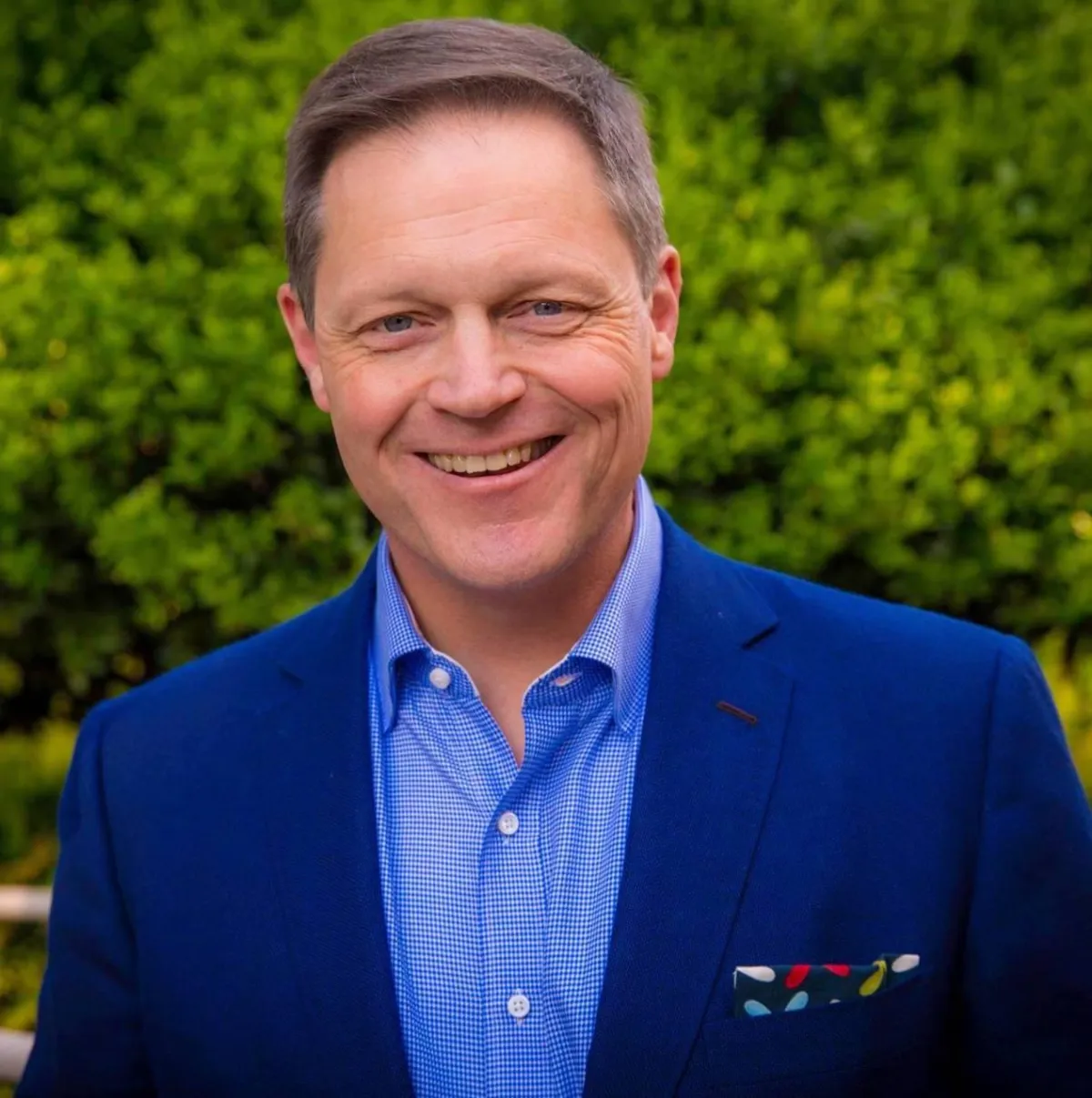
Special Guest Expert - Aaron Young

Aaron Young
Aaron Young is a renowned entrepreneur with more than 30 years experience and several multi-million dollar companies under his belt. Aaron has made it his life’s work to arm business owners with success formulas that immediately provide exponential growth and protection. Fully embodying the concept of the unshackled business owner, he inspires others to do the same by empowering them to build strong companies while proactively protecting their dreams.
Connect with Aaron:
Please Share This With Your Followers
